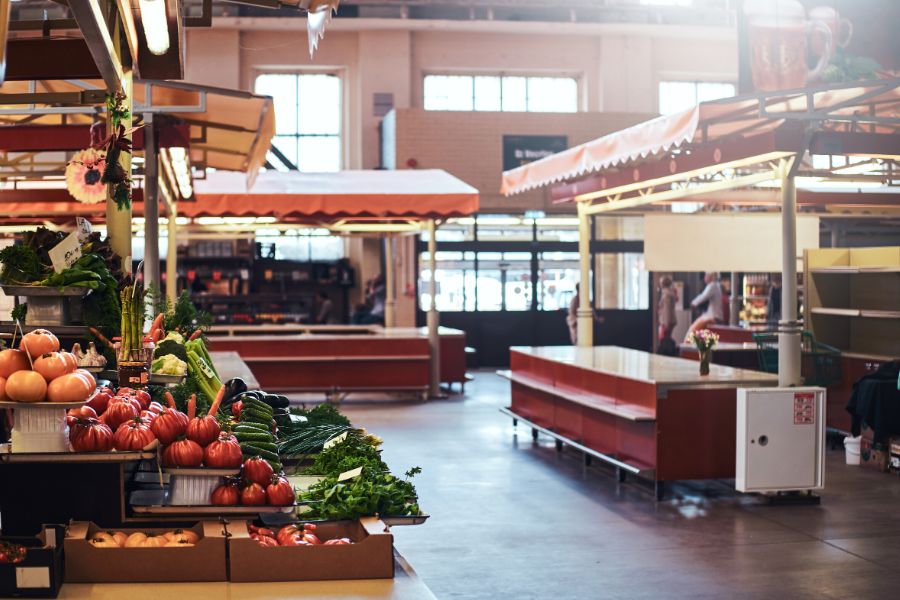Consumers today have new expectations beyond product availability and the normal quality of in-store and online interactions. There is a growing requirement to manage the grocery business to guarantee that customers can get the things they want no matter where they purchase. Here are some forces that cause changes in the grocery industry.
The market volatility of the grocery industry
The worldwide epidemic has changed the way people purchase for the rest of their lives, including the grocery industry. Consumers began buying differently when towns shut down, even at “critical” companies like grocery shops, which remained accessible to the public for in-person purchasing. To fulfill customer demand, grocery shops were forced to restructure old supply chains, investigate private-label goods, and extend supplier networks as a result of market instability.
Omnichannel expansion
The grocery industry has been driven to digitize by omnichannel retail mass merchandisers. It’s difficult to compete with these seamless omnichannel strategies. With more people purchasing groceries online, companies like Amazon’s Whole Foods have a digital advantage over traditional grocers. Grocers must consider what this implies for their operations, store layouts, and everything in-between as we all go forward.
In this rush situation, ConnectPOS stands out as a key feature for every retailer. This cloud-based software integrates with the top eCommerce platforms, providing seamless omnichannel success for grocery businesses.
Customer expectations are influenced by peer influence
Consumers depend on the experiences of others to guide their online and in-store purchase decisions. Nearly nine out of ten consumers (89%) said negative reviews of a product or store’s service affected them moderately or considerably. Because less than 25% of buyers rarely or never submit negative evaluations after a bad product or shopping experience, this dependence on peer comments has huge potential consequences.
Consumers purchase supermarket based on shopping incentives rather than reviews or reasonable public health policies.
Private brand products
Many people went to online shops and new businesses to satisfy their grocery demands during the epidemic since they couldn’t locate what they needed in stores. About 45% of them discovered new brands online and plan to continue shopping for them in the future, with 16% planning to choose the new brands above their previous favorite. 86% of clients in the United States looked into private brands during the pandemic’s retail inventory constraints.
Promotions and category management
Mass merchandisers, such as Target and Walmart, implemented a $10 off a market basket promotion, affecting grocers’ typical category management approach and altering their interactions with CPG/national brands.
Manufacturers of consumer goods spend millions of dollars on marketing, with a significant percentage of that money going to trade funds. Historically, trade funds have been used to assist conventional marketing or to change retail prices to stimulate sales via Temporary Price Reductions (TPRs). A market basket discount alters the structure of the manufacturer-retailer relationship.
In short
The grocery industry will continue to change so retailers must understand the market and customers’ preferences to take the right steps. Give us a call right now to get more insights and beneficial solutions.
ConnectPOS is a all-in-one point of sale solution tailored to meet your eCommerce POS needs, streamline business operations, boost sales, and enhance customer experience in diverse industries. We offer custom POS with features, pricing, and plans to suit your unique business requirements.




